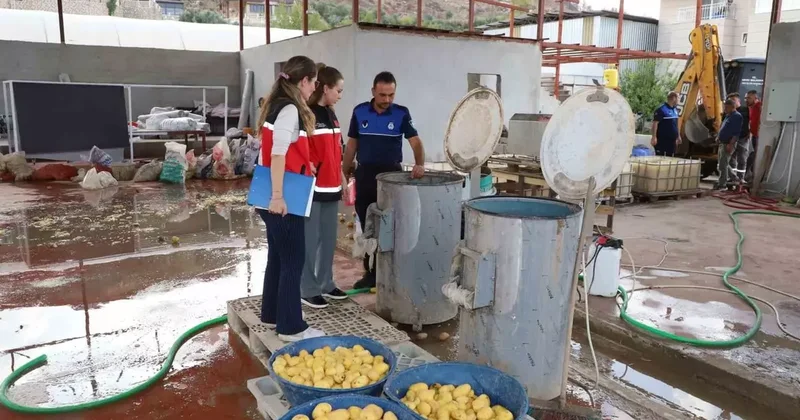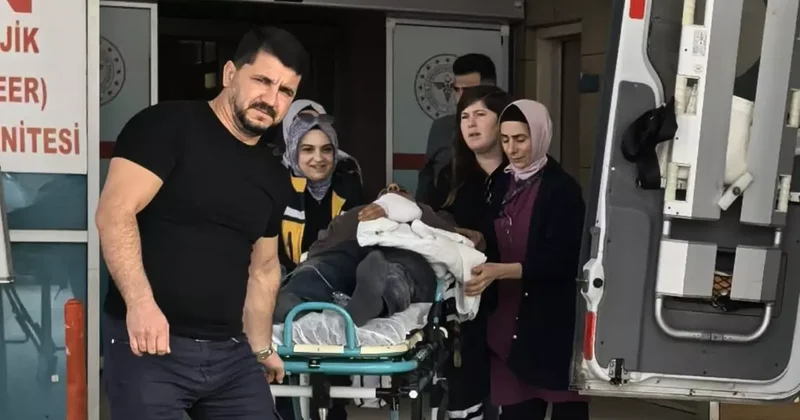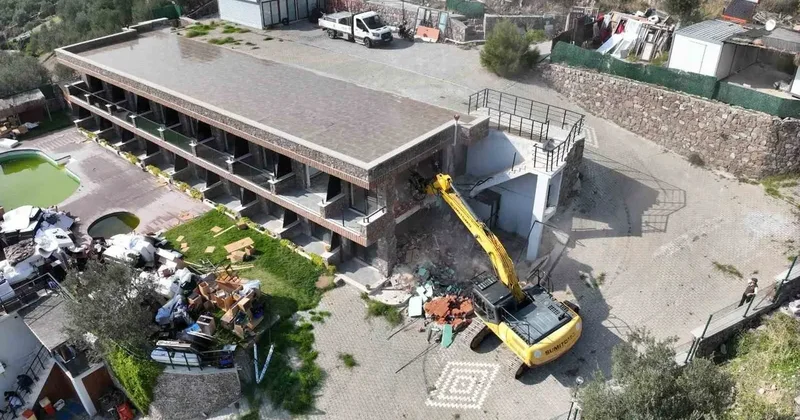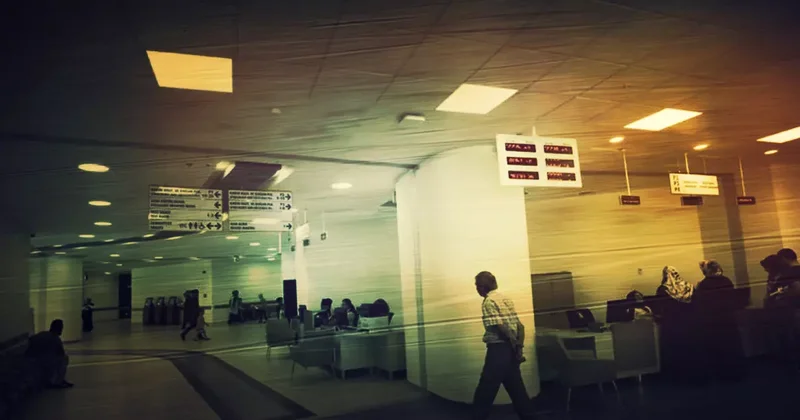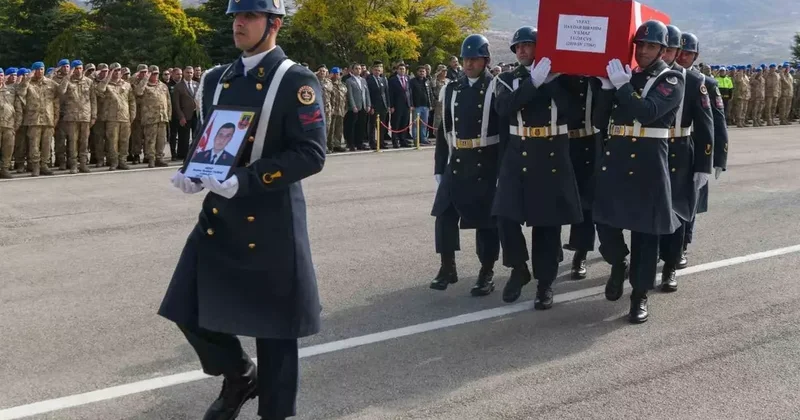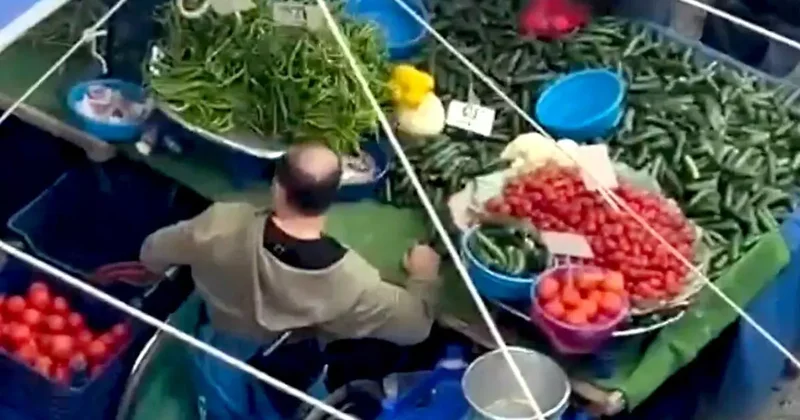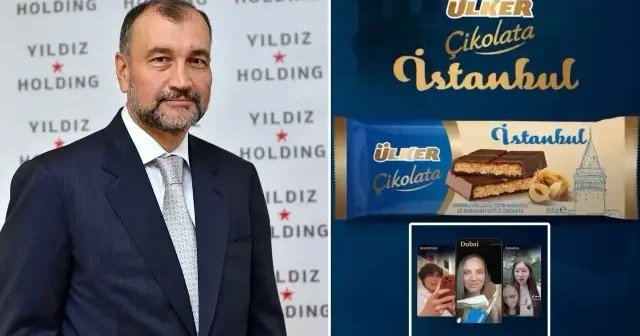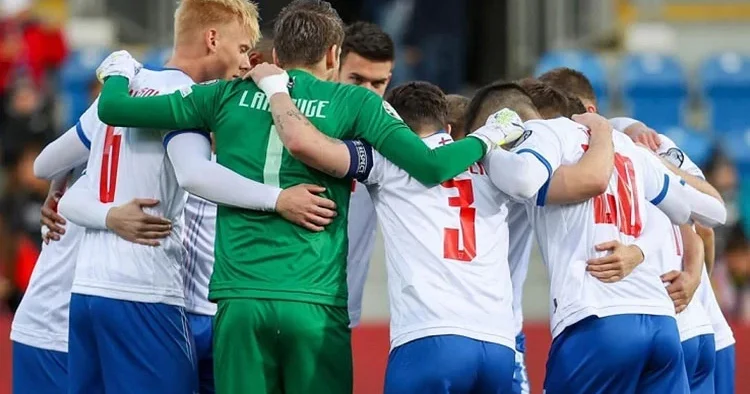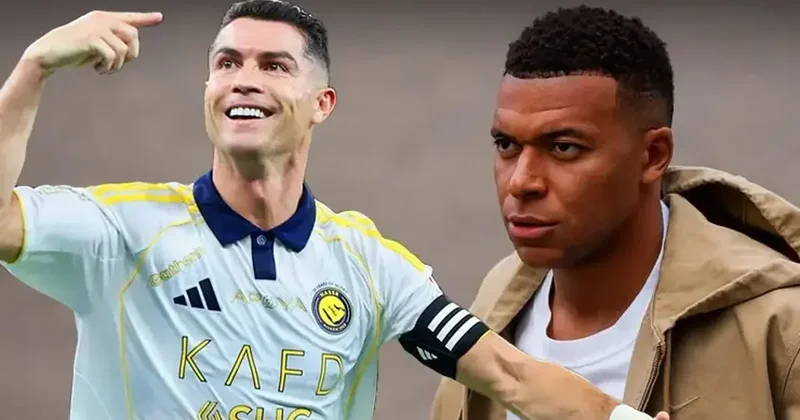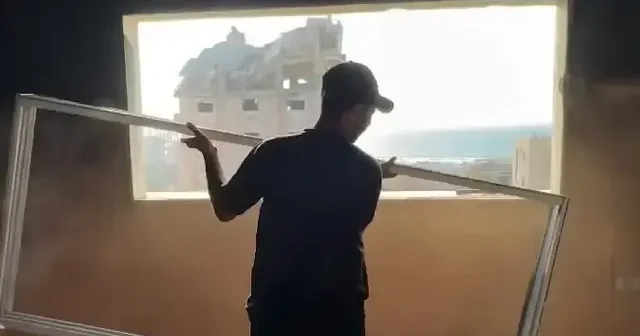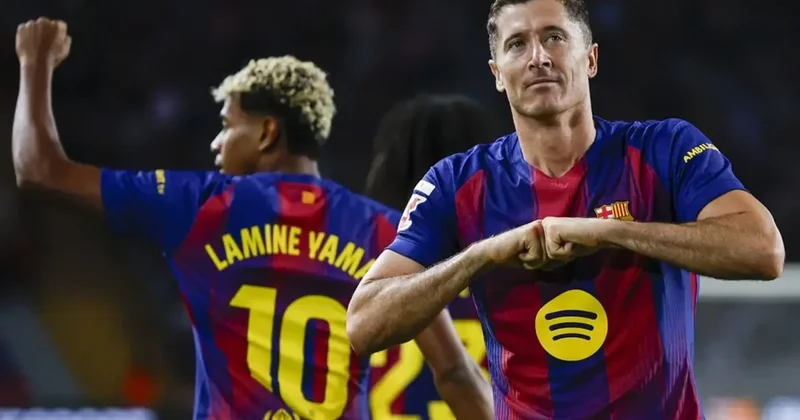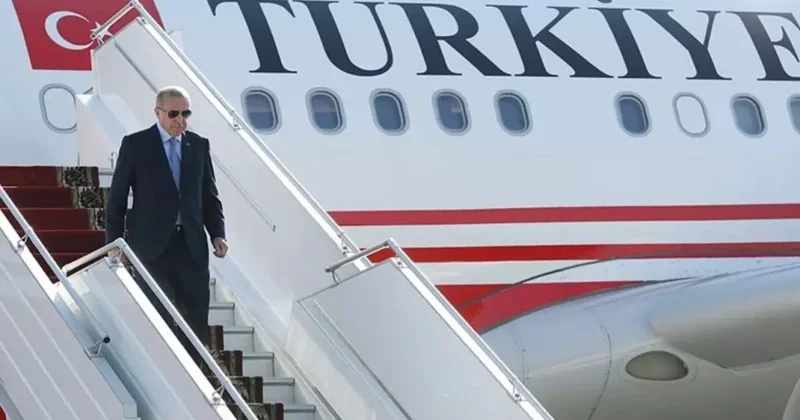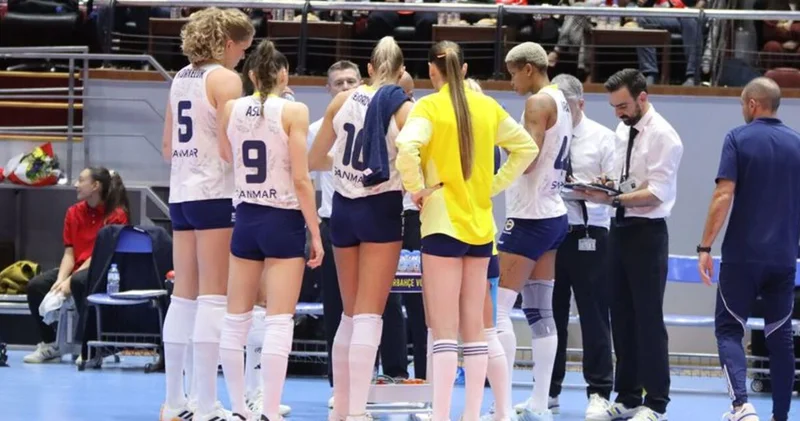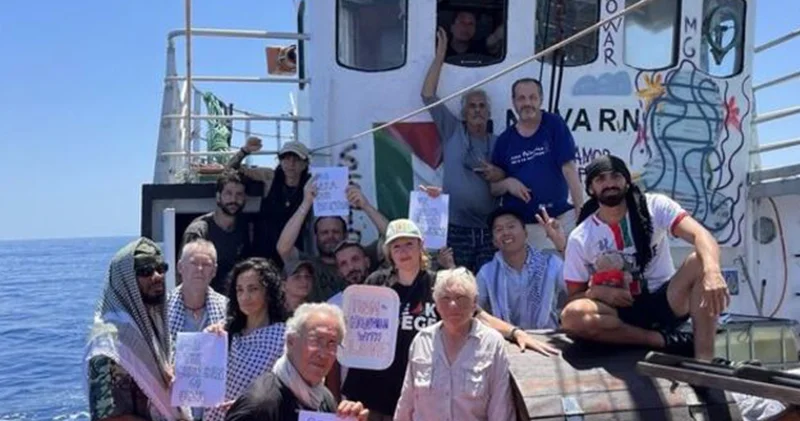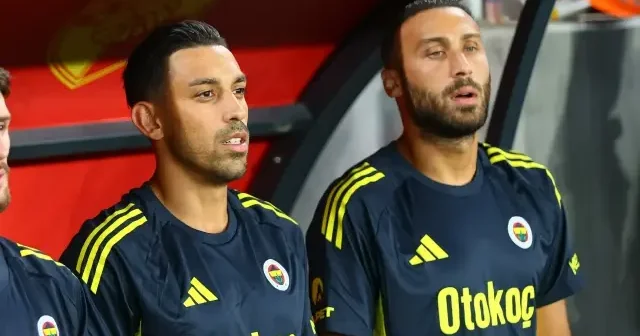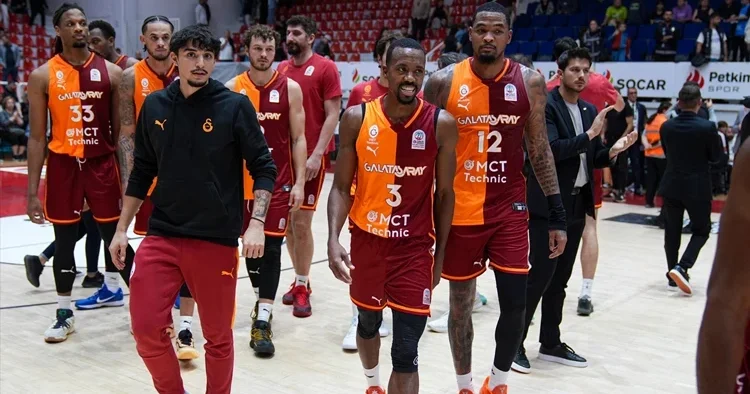Frankfurt profited €345m in six years from selling strikers! But how?
Fanatik sayfasından alınan bilgilere göre, SonTurkHaber.com açıklama yapıyor.
Most football clubs would be in a state of panic if they constantly faced the prospect of selling their top attacking player each season. However, for Eintracht Frankfurt, under the shrewd guidance of sporting director Markus Krosche, allowing their leading goalscorers to move on has become a fundamental and effective part of their self-sustainable approach. This strategy which is analized by Thom Harris of The Athletic, has seen them part with their star forwards after four of the last seven German Bundesliga seasons.
"I call them end clubs," Krosche remarked in an August 2024 interview with Sky Sports, referring to the likes of Paris Saint-Germain, Manchester City, and Liverpool. "We are a club in between, who sell to these end clubs." He transparently communicates this philosophy to his players: "If your development is faster than our development as a club, and I get the money I expect, I will let you go. This is why so many young talents like to come to Frankfurt, because we know what we have to do to develop them." Krosche's pragmatic view is clear: "Selling players is part of my job. I am not emotional about it. It’s business."
While seemingly clinical, Krosche’s meticulous attention to detail extends to significant investments in Frankfurt's training facilities and coaching staff. They've brought in psychologists and nutrition experts and rely on specialist coaches to work individually with young players. The goal is clear for these prospects: to develop rapidly, move on to Europe’s biggest sides, and in doing so, fuel Frankfurt's financial growth.
Just in six years...
With the imminent €91 million sale of Hugo Ekitike to Liverpool (including add-ons), Frankfurt’s net transfer profit since summer 2023 will surge to approximately €161 million. Their two largest sales before Ekitike's deal – Randal Kolo Muani and Omar Marmoush – arrived as free agents and collectively generated €165 million. Factoring in Ekitike, and focusing solely on center-forwards sold, Frankfurt will have generated around €345 million (£300m/$405m) in profit in just six years.
Even before Krosche's 2021 appointment, Frankfurt demonstrated this acumen. In summer 2019, they more than tripled their initial investments by selling Sebastien Haller and Luka Jovic in the same window. Andre Silva, signed as a replacement, departed for almost eight times his purchase price a year later after a prolific 28-goal league campaign.
According to Transfermarkt, no club has generated more pure profit over the past three years. Remarkably, they’ve achieved this while steadily climbing the Bundesliga table, culminating in a third-place finish last season, matching their highest-ever position.
Frankfurt's approach to player recruitment for future profitability isn't groundbreaking. They target young players with high sell-on potential, prioritizing those who are positionally versatile and suit the club’s attacking style. It’s their consistency and unwavering commitment to this methodology, coupled with the supportive environment they cultivate for incoming players, that truly helps them reap these impressive rewards.
Their strategy is evident in their transfer activity: 21 of Frankfurt's last 26 permanent signings were under 25 when they joined. Crucially, they aren't afraid to spend significant eight-figure fees if they identify a market opportunity for a player who fits their model. Six of their 10 most expensive purchases are still at the club, while the others were sold for a cumulative profit of €111 million, with Ekitike's impending transfer set to significantly boost this figure further.
Gameplan affects transfer market success
Frankfurt’s commitment to quick, attacking football under coach Dino Toppmoller largely explains their recent transfer market success. Appealing to Premier League clubs, the highest-spending division, is key to their model’s consistent profitability. Given that the English top flight led the Bundesliga in direct attacks per game last season, players who excel at speed will continue to command premium prices.
While some might view their approach as lacking traditional ambition, Frankfurt’s acceptance of their place in the footballing ecosystem is arguably their greatest strength. Their proven track record of developing and upselling young players now speaks for itself, attracting top prospects. There are no illusions or roadblocks at Frankfurt; if a player works hard to realize their talent, they will get the move they desire and help the club achieve its objectives along the way. Expect Frankfurt's striker conveyor belt to keep turning.
 Bu konudaki diğer haberler:
Bu konudaki diğer haberler: Görüntülenme:129
Görüntülenme:129 Bu haber kaynaktan arşivlenmiştir 23 Temmuz 2025 16:27 kaynağından arşivlendi
Bu haber kaynaktan arşivlenmiştir 23 Temmuz 2025 16:27 kaynağından arşivlendi



 Giriş yap
Giriş yap
 Haberler
Haberler Hava durumu
Hava durumu Manyetik fırtınalar
Manyetik fırtınalar Namaz vakti
Namaz vakti Değerli metaller
Değerli metaller Döviz çevirici
Döviz çevirici Kredi hesaplayıcı
Kredi hesaplayıcı Kripto para
Kripto para Burçlar
Burçlar Soru - Cevap
Soru - Cevap İnternet hızını test et
İnternet hızını test et Türkiye Radyosu
Türkiye Radyosu Türkiye televizyonu
Türkiye televizyonu Hakkımızda
Hakkımızda


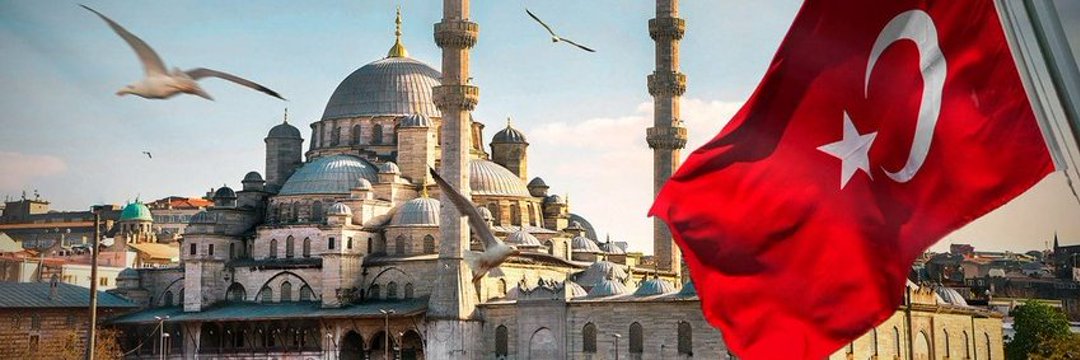
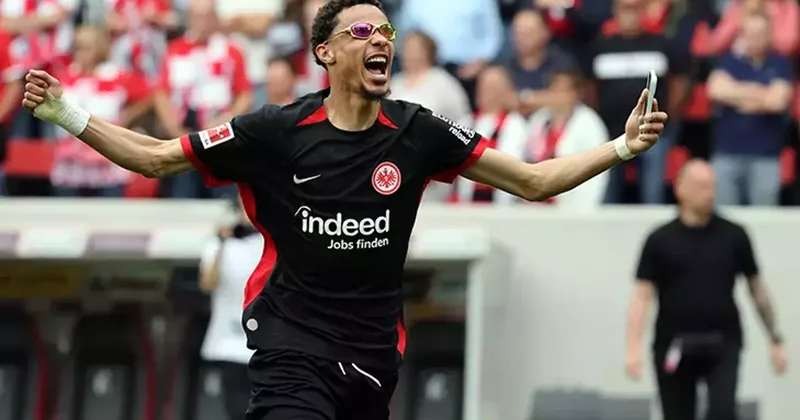







 En çok okunanlar
En çok okunanlar
